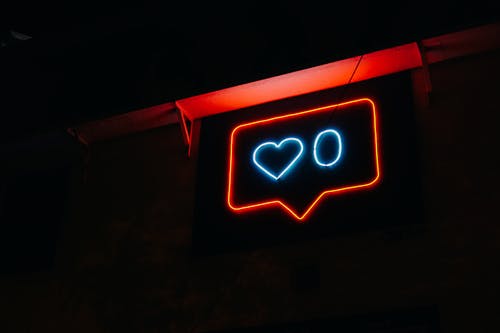
Editors’ note: Student Publications wants to make it clear we understand the following: the election was not stolen, Donald Trump lost the 2020 election through due democratic process and Joe Biden won the election.
On Jan. 6, rioters stormed our nation’s Capitol, trying to stop Congress from processing the results of a fair election. The riot was incited by Donald Trump and his rally outside of the White House. The events that occurred on Jan. 6 are a direct result of Donald Trump’s misinformation campaign about the results of the election and the incendiary language he used to urge his supporters to “Save America.” Four rioters and one Capitol Police officer died from the injuries they sustained during the conflict.
In the aftermath of the riot, Trump has been banned from various social media sites like Twitter, Facebook, Instagram, YouTube, Snapchat and Twitch, and some people are outraged that social media companies have the power to censor the government offices like the president. In a blog post, Twitter released a statement that they decided to ban Trump due to his Jan. 8 tweets about the riots, which Twitter deemed as glorifying violence, something which violates Twitter’s terms of service. Now that Trump’s banned, these social media sites, a lot of people are upset about how much social media companies like Twitter and Facebook control online discourse.
I am a big believer in freedom of speech (as it is a big part of this job), but freedom of speech is not so simple. One might immediately think the more freedom of speech a society has, the more it will be able to discuss a wide range of topics with everyone on an equal playing field. However, there are some forms of speech that are not allowed. The U.S. Supreme Court ruled some forms of free speech indefensible, such as slander, libel and so on, so that people are incentivized to tell the truth. And, more specific to this case, using language based on false information to incite violence has been ruled as indefensible under the Constitution, like the classic example of not being able to yell fire in a theater where there is none. These rulings restrict freedom of speech so free speech can be protected. These rulings are meant to create a space where lies and false information are punished and not tolerated, so speech can, hopefully, be centered around truth.
Therefore, some moderation on freedom of speech is necessary to promote the truth. The first question to follow this idea is then, how do we responsibly moderate the conversation?
Trump has gotten away with breaking Twitter TOS for a while now because, as he was president, they did not want to limit access to the things that he tweeted out. They tried to compromise when they started to fact check his tweets, but it was considered by most Trump supporters to be liberal bias in these social media companies trying to censor Trump and people who support him and/or agree with his ideology.
That is where these social media websites’ terms of service comes in. Terms of service tend to follow these court rulings, but they also make decisions on what to let on the website. Under our current system, a private company is allowed to enforce its own TOS on its own website. Trump and anyone who holds the position of president are not above of the TOS of any private company when they are using their service. Trump accepted the rules for engaging on the platform, and he broke them. Therefore, they are allowed to kick him off.
It is possible to think both Trump being kicked off of his social media platform is a preferable thing, and social media companies like Twitter and Facebook having a stranglehold on online discourse, especially political discourse, is a non-preferable thing. These issues are not necessarily tied together. Social media platforms using their control of the conversation to enforce free speech laws and their own TOS by removing Trump from Twitter is a net good. They are using their power in a good way. This idea is not antithetical to thinking social media companies have too much power over the conversation. Acknowledging the good of these social media companies’ actions is not the same as thinking the overall power structure is a good thing.
Which leads me to my final point. There is a time and place to criticize the power social media companies hold in online discourse, but these companies wielding their powers to uphold democracy and freedom of speech is not the time to do it. These companies should be recognized for the good thing they did, so that in the future they will be incentivized to continue to do good things. If we criticize the power structure of social media now, they might see moves similar to this as too risky and avoid it, as they have for most of the Trump presidency.
The social media structure is a problem that won’t be fixed immediately, but the problem of people in power using social media to spread lies and propaganda is something that can be fought against now. Focusing on one problem at a time, while not forgetting the other issues we have, will eventually lead us to real change in online discourse.


Leave a Reply